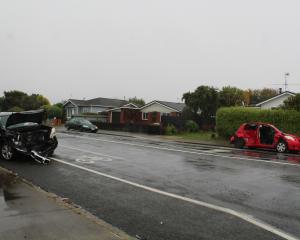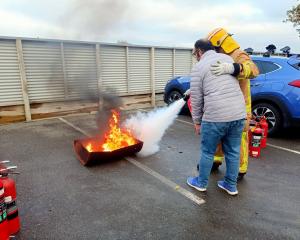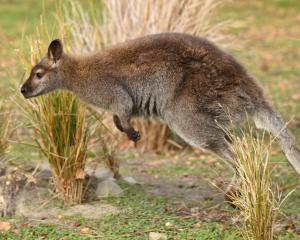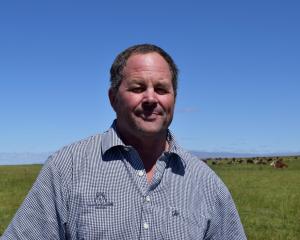High country farmers are once again seeking taxpayer assistance in the battle with rabbits.
Federated Farmers board member Bruce McNab told the organisation's high country committee conference inWanaka on Friday the Ministry of Agriculture and Forestry (Maf) was aware and concerned at the extent of land degradation caused by the reinvigorated rabbit population, but had so far declined to commit funds.
Maf believed farmers had a case to seek some form of aid, he said.
"Land degradation is starting to cause people, and officials in particular, some concern.
But if the land user can't manage the rabbits themselves, can we legitimately sit back and let the land degrade?"He said 44,000ha of South Island farmland had been served with direction notices and instructed to reduce pest numbers.
In the northern South Island, farmers were spending $70 a ha to control rabbits and one farmer was spending $180,000 a year.
In 1997, farmers illegally imported rabbit haemorrhagic disease to control the pest but, in some parts of the high country, natural resistance and a lack of follow-up control work has seen numbers return to pre-virus levels.
Mr McNab said farmers needed to group together to co-ordinate pest control but, at this stage, land managing government departments such as Land Information New Zealand and the Department of Conservation were not obliged to contribute to the cost of such efforts.
Because of this stance, Mr McNab said Otago ratepayers were funding the Crown's share of the Otago Regional Council's regional pest management strategy.
National or regional pest management strategies were not applicable to rabbit control because it was not a biosecurity or export issue such as bovine tuberculosis.
Mr McNab said rabbits were an environmental issue.
"The Crown must recognise it's a land degradation issue.
It's not about supporting farmers but about supporting the environment."
It was up to farmers to come up with a plan that would have government support, but he suggested groups of farmers co-ordinating poisoning efforts, similar to locally initiated programmes which were used in the battle with vectors of bovine tuberculosis.
This might attract a Crown contribution, but Mr McNab said such an operation would have to be transparent and accountable.












